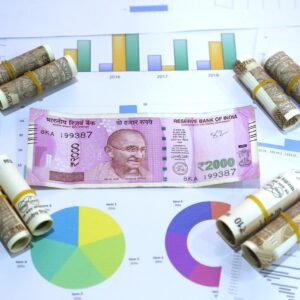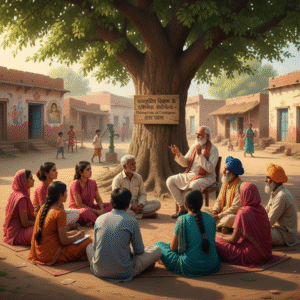Mumbai – 2025
In today’s Bollywood, stardom is no longer just about screen presence—it’s aboutownership, control, and creative autonomy. Increasingly, India’s top actors are stepping into the role of producers—not just as a financial investment, but as astrategic move to shape narratives, protect brand equity, and build legacy.
From Deepika Padukone’sKa Productionsto Ayushmann Khurrana’sinvestment in content IPs, today’s stars are not just acting in films—they areowning the films they believe in.
The Shift: From Face of the Film to Owner of the Film
Actors turning producers isn’t entirely new—Shah Rukh Khan launchedRed Chillies Entertainmentin 2002, and Aamir Khan has long developed passion projects underAamir Khan Productions.
But post-2020, this shift has accelerated for a range of reasons:
- Creative dissatisfaction with formulaic roles
- Desire for genre experimentation (thrillers, biopics, indie dramas)
- Better revenue share through backend profits
- Ownership of digital/IP rights in an OTT-led market
Who’s Leading the Wave?
- Deepika Padukone (Ka Productions): Chhapaak, 83, and upcoming OTT series—balancing commercial and issue-driven stories.
- Alia Bhatt (Eternal Sunshine Productions): Debuted as a producer with Darlings on Netflix, a dark comedy that wouldn’t have been greenlit traditionally.
- Anushka Sharma (Clean Slate Filmz): Produced NH10, Paatal Lok, and Bulbbul—setting the benchmark for bold, content-first projects.
- Kartik Aaryan is reportedly launching a production banner focused on regional crossovers and digital-first films.
- Ajay Devgn, Akshay Kumar, Priyanka Chopra, and Riteish Deshmukh are all producing films actively, including regional and multilingual content.
Evenyoung actorslikeTriptii DimriandSiddhant Chaturvediare exploring co-production models on OTT-backed films.
Economics Behind the Move
- Backend Profits: Producers earn a share in OTT, satellite, and international rights—unlike actors paid one-time fees.
- Tax Benefits: Production houses enjoy deductions, GST input credits, and can claim losses to offset income tax.
- IP Ownership: Owning a successful character or concept (think Panchayat, Mirzapur) creates long-term royalties.
- Control over Marketing and Messaging: Producers manage how a film is positioned, released, and discussed.
Risk vs. Reward
Risks:
- Financial liability (delays, flops, budget overruns)
- Increased scrutiny from investors and media
- Burnout due to multitasking creative and business responsibilities
Rewards:
- Creative control
- Brand extension (merch, franchise, digital content)
- Cross-platform leverage (films + series + endorsements)
The risks are mitigated when actorspartner with established studiosorco-produce with OTT platforms, reducing upfront exposure.
Strategic Long Game
For actors, production isn’t just about films—it’s about:
- Building an empire beyond acting years
- Creating a pipeline for emerging talent
- Shaping industry norms by telling stories that mainstream studios avoid
In a post-pandemic, content-diverse market, actors who produce their own filmsfuture-proof their careers—and often find more fulfillment.
Conclusion
Today’s actor isn’t waiting for the “right script” to land—they’redeveloping it, funding it, and distributing it themselves.
In the new Bollywood, power doesn’t come from box office numbers alone—it comes fromowning the story, the screen, and the studio.
Because if cinema is the new startup space,actors are its most ambitious entrepreneurs.












